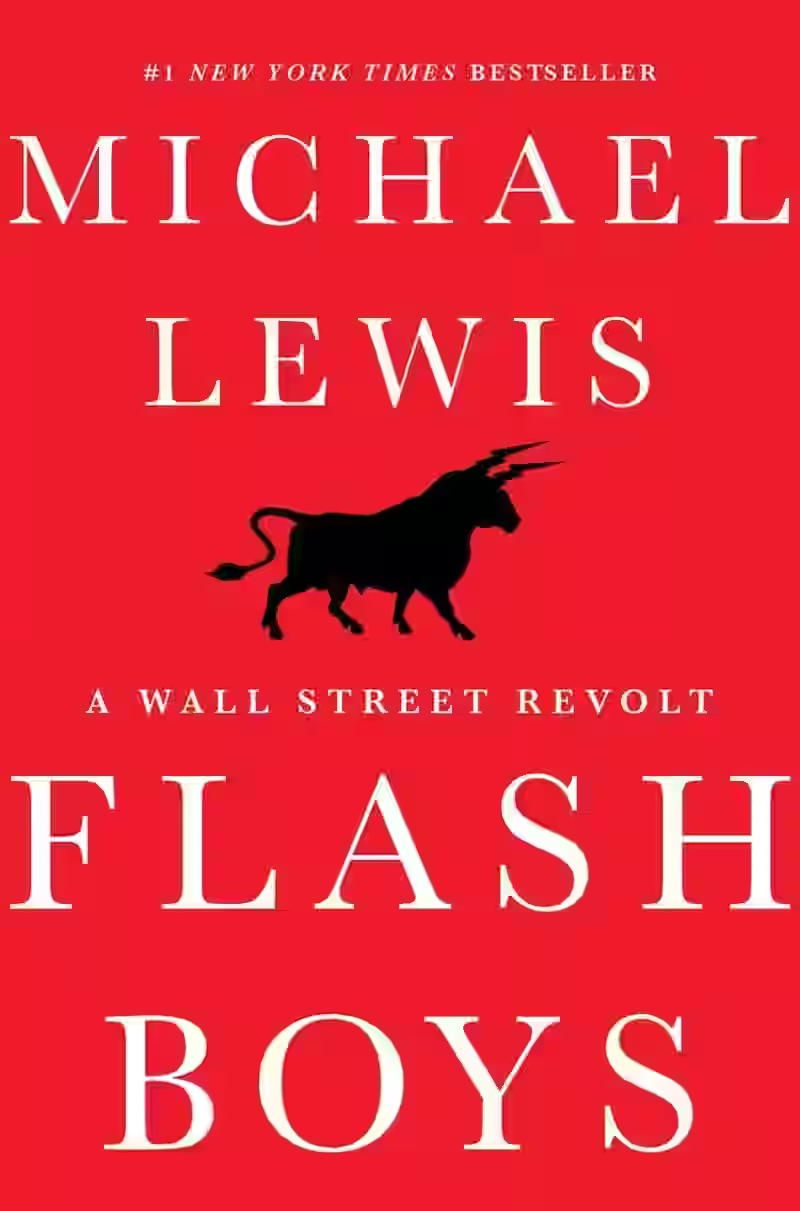
In 'Flash Boys: A Wall Street Revolt' by Michael Lewis, readers are taken on a gripping journey into the world of high-frequency trading and its impact on the financial markets. Lewis delves deep into the story of a group of Wall Street outsiders who uncover the unfair advantages held by high-frequency traders and set out to reform the system. The book explores themes of greed, manipulation, and the quest for justice in a complex financial landscape. With compelling storytelling and sharp analysis, Lewis sheds light on the dark corners of Wall Street, leaving readers questioning the ethics and practices of modern finance.
About Michael Lewis
Michael Lewis is an American author and financial journalist known for his compelling and insightful works on economics, finance, and sports. Born in New Orleans in 1960, Lewis attended Princeton University and worked in finance before turning to writing. His breakthrough book, 'Liar's Poker' (1989), exposed the excesses of Wall Street during the 1980s. Lewis gained mainstream success with 'Moneyball' (2003), a groundbreaking work that revolutionized the way baseball is analyzed. His engaging storytelling and in-depth research have made him a prominent figure in narrative nonfiction, with bestsellers like 'The Big Short' (2010) and 'Flash Boys' (2014) solidifying his reputation as a masterful storyteller of complex financial topics.
Other Books by Michael Lewis
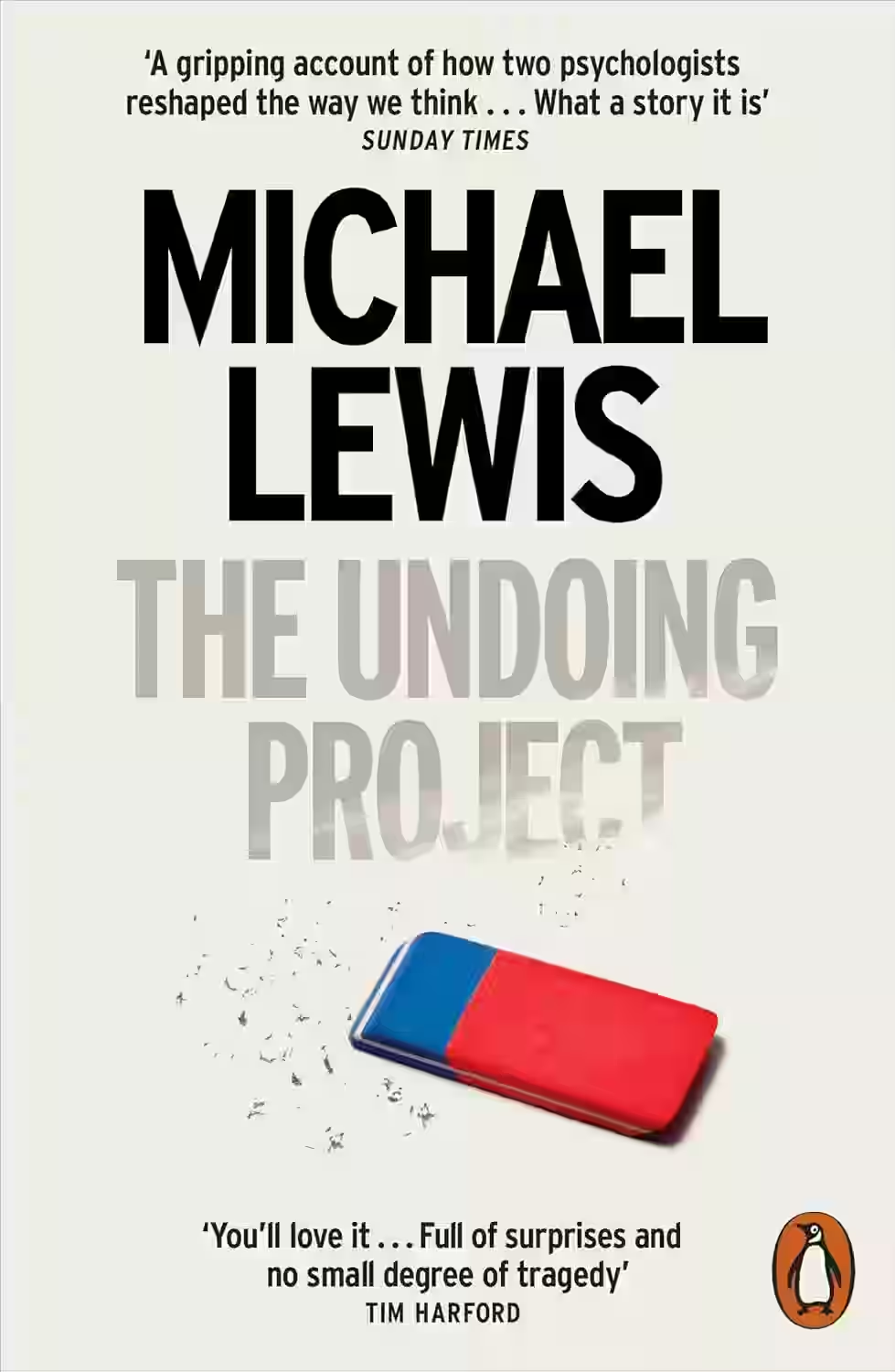
The Undoing Project
In 'The Undoing Project,' Michael Lewis delves into the fascinating partnership between psychologists Daniel Kahneman and Amos Tversky, whose groundbreaking work revolutionized cognitive psychology and our understanding of decision-making. Lewis skillfully weaves together their personal and professional lives, illustrating their complex bond and the significant impact their collaboration had on various fields, from economics to medicine. Through compelling storytelling, Lewis explores themes of human behavior, biases, and the unpredictability of the mind. This thought-provoking book challenges readers to reconsider their perceptions of rationality and offers profound insights into the intricacies of the human psyche.
Similar Books
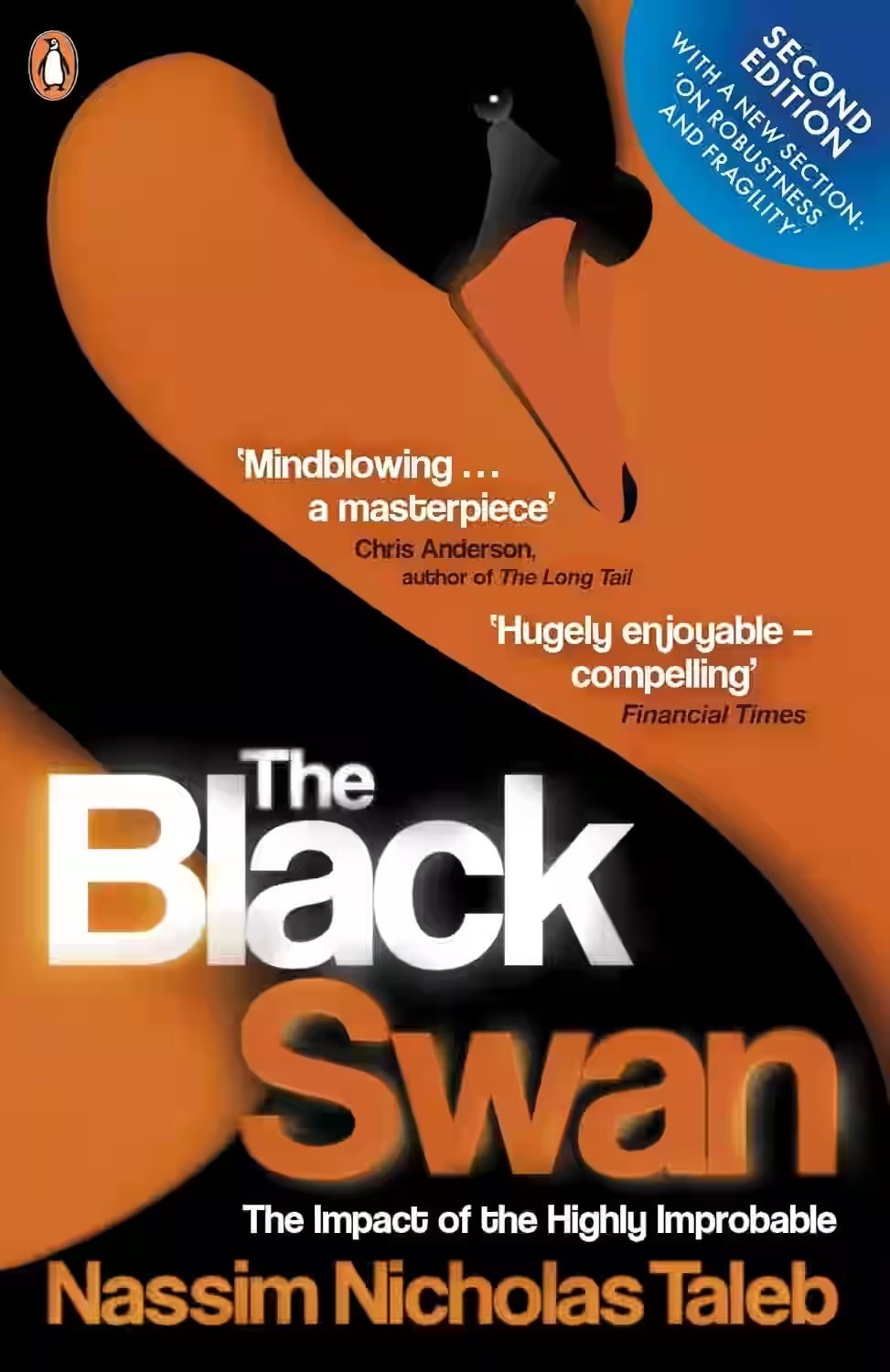
The Black Swan
Series: Incerto (#2)
The Black Swan explores the profound impact of rare, unpredictable events—what Taleb calls “Black Swans”—that lie outside normal expectations but have massive consequences. The book challenges traditional forecasting and risk models, arguing that humans consistently underestimate uncertainty. Taleb illustrates how randomness and surprise shape history, from financial markets to scientific breakthroughs, and advocates for antifragility—systems that benefit from disorder. Combining philosophy, probability theory, and anecdotal insight, The Black Swan is a provocative critique of modern thinking and a call to embrace humility in the face of complexity. It’s a transformative read for anyone making decisions in uncertain environments.
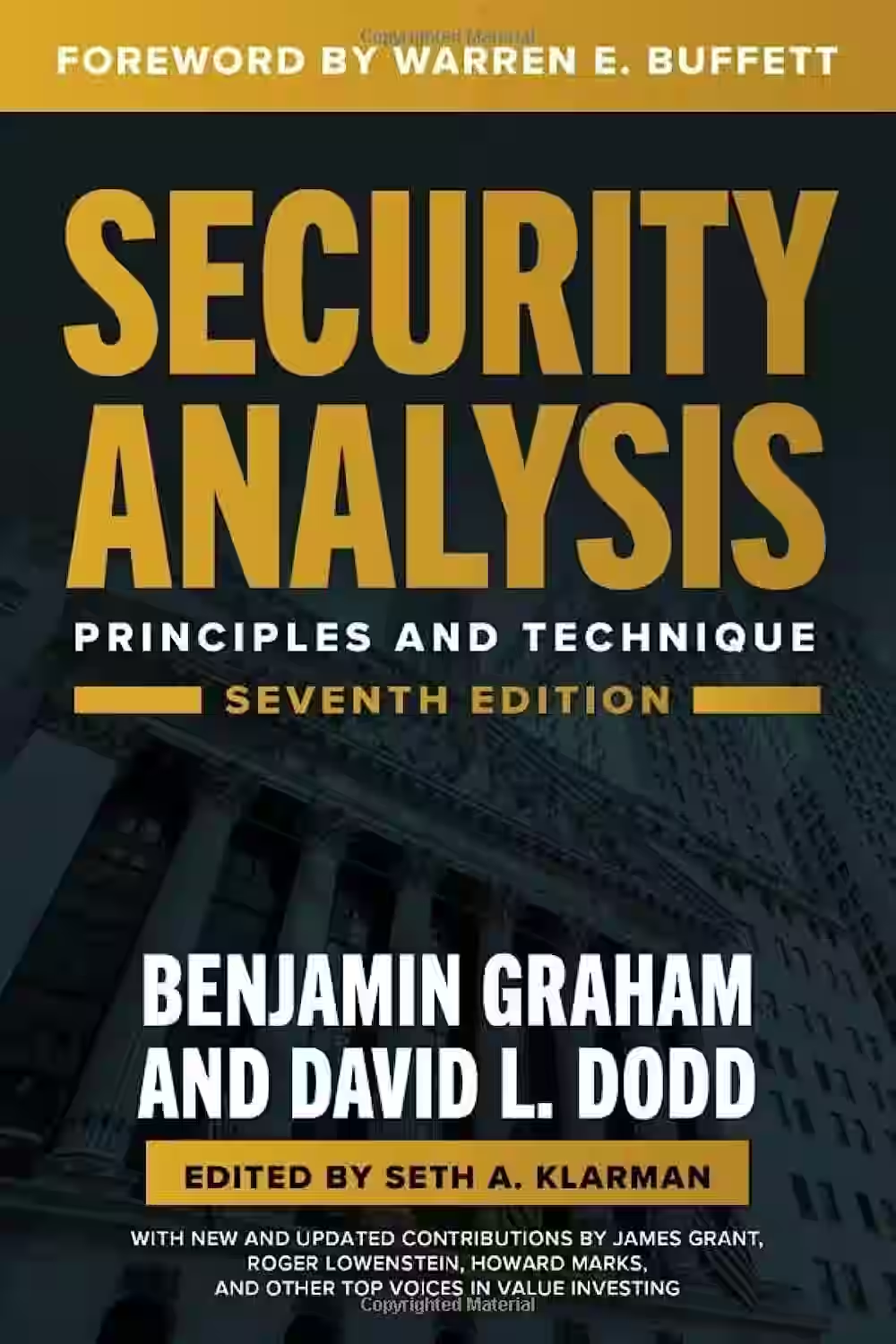
Security Analysis
by Benjamin Graham, David Dodd
In 'Security Analysis,' Benjamin Graham revolutionized the world of investment by introducing the concept of value investing, emphasizing the importance of thorough research and analysis before making investment decisions. Graham's timeless wisdom on intrinsic value, margin of safety, and market fluctuations continues to influence investors worldwide. The book provides a comprehensive guide to understanding financial statements, evaluating stocks, and building a successful investment strategy. With real-life examples and practical advice, 'Security Analysis' equips readers with the tools to navigate the complexities of the stock market and make informed choices. A must-read for both novice and seasoned investors.
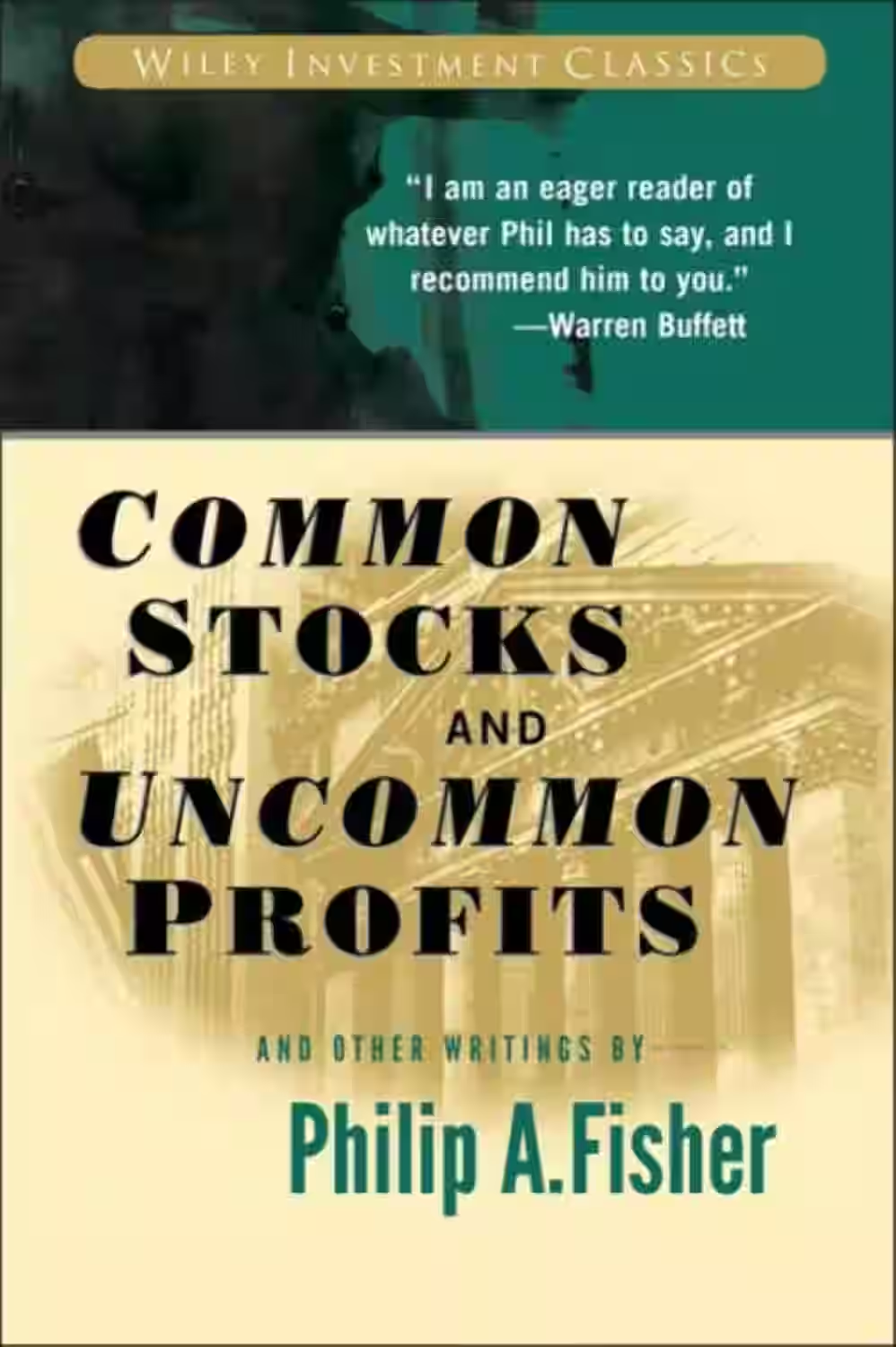
Common Stocks and Uncommon Profits
In 'Common Stocks and Uncommon Profits,' renowned investor Philip Fisher imparts timeless wisdom on stock investing. Fisher champions a long-term, research-intensive approach, emphasizing the importance of thoroughly evaluating a company's management, growth potential, and competitive advantages. Through detailed case studies and insights, he guides readers on how to identify exceptional businesses to invest in. The book highlights the significance of patience, due diligence, and a deep understanding of a company's intrinsic value. Fisher's influential investment principles have shaped the strategies of many successful investors. 'Common Stocks and Uncommon Profits' remains a seminal work that continues to inspire and educate aspiring investors.
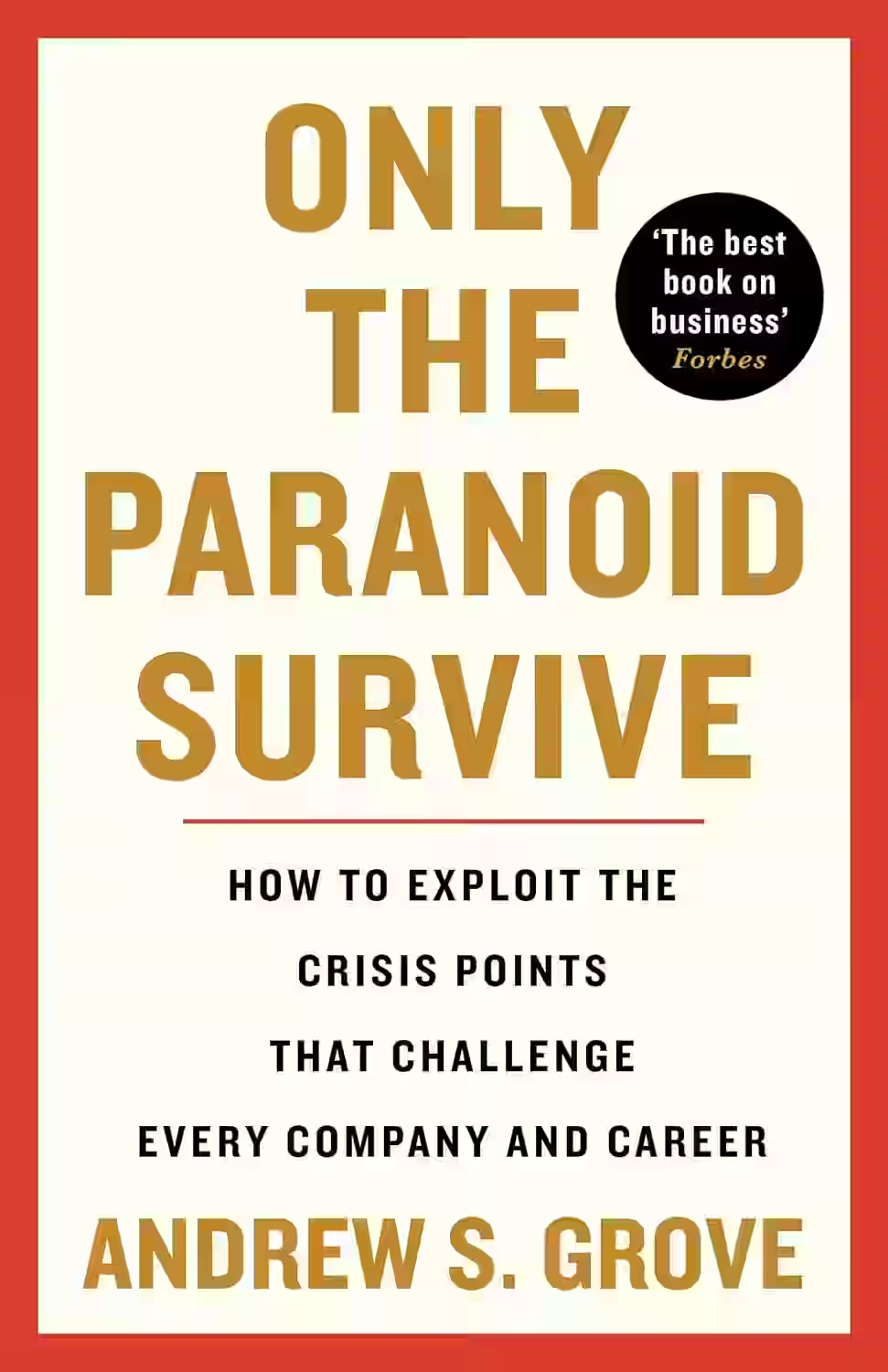
Only the Paranoid Survive
In this business classic, Intel co-founder Andy Grove shares insights into managing “strategic inflection points”—critical moments that can make or break a company. Drawing from his experience leading Intel through seismic shifts in the tech industry, Grove emphasizes the importance of adaptability, vigilance, and courage. His core idea: constant change demands a mindset of healthy paranoia. Companies and leaders must be ready to pivot when conditions shift. Part memoir, part management manual, the book offers practical strategies for staying competitive, fostering innovation, and leading through uncertainty. It remains a must-read for entrepreneurs, executives, and strategic thinkers.